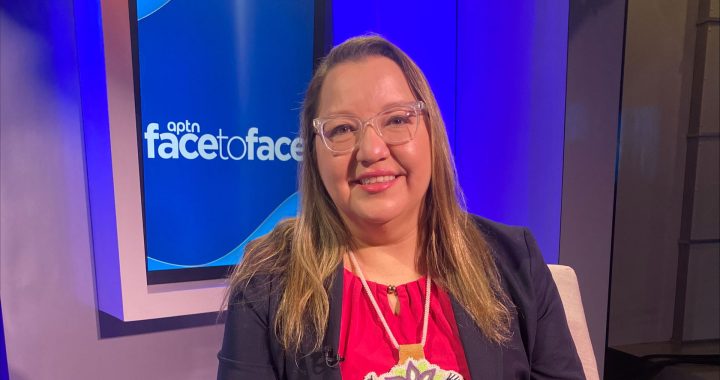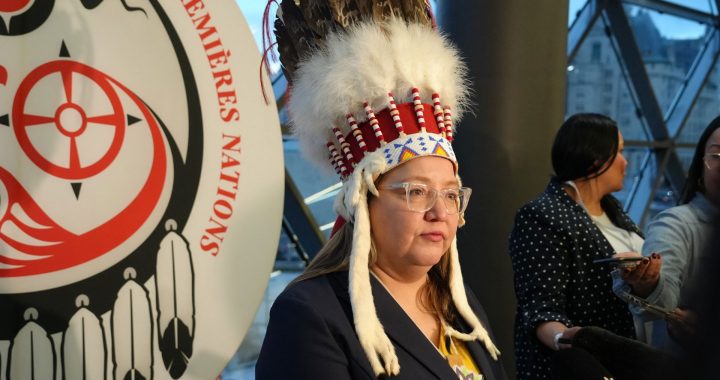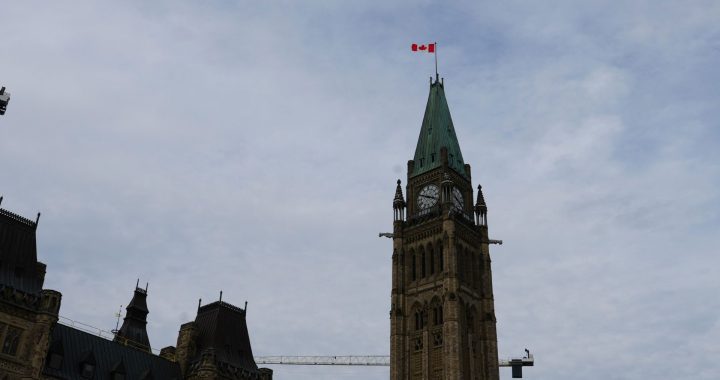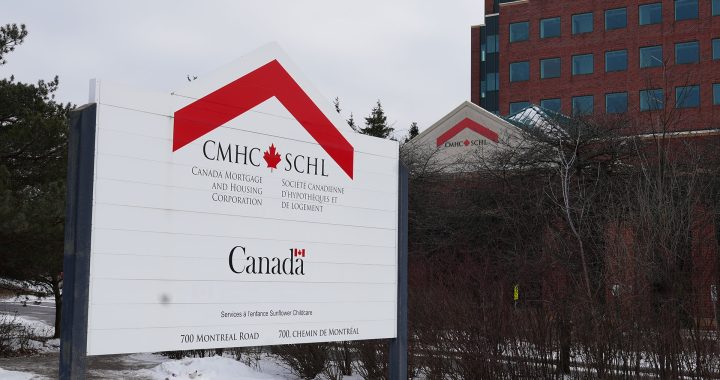The family member of a man who died at the Whitehorse emergency shelter last month is criticizing the organization responsible for the shelter’s operation.
Nikita Bailey’s stepfather, Leonard Capot-Blanc, 56, died of a suspected overdose at the shelter, which is run by non-profit Connective, on Dec. 18.
He was a member of the Fort Nelson First Nation.
Bailey described Capot-Blanc as a kind person who cared deeply for his family and community.
“He was always so caring and took care of us as any father would,” she said.
Bailey said no one from Connective contacted her about stepfather’s death and she was informed of his passing via social media.
After learning of his death, she said she arrived at the shelter and was first told he died in the foyer. She later learned he died in a shower room.
She said by the time staff found him it was too late.
Bailey is critical of the way Connective handled her stepfather’s passing.
“They said ‘the coroner took him at 8:30. You’re too late.’ That’s exactly what they said.’ They didn’t offer condolences. They just kept going on about their day.
“It’s probably traumatic for them as well. But that’s not the point. The point is that these are people that you see every day,” Bailey said.
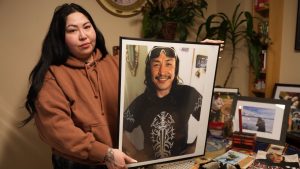
Last year, a coroner’s inquest took a closer look at the deaths of four First Nations women who died at the shelter.
Two of the women, Myranda Tizya-Charlie, 34, and Cassandra Warville, 35, fatally overdosed in a shower room. The women were discovered nearly four hours later by a staff member.
The inquest recommended a policy review that entailed monitoring high risk spaces like the shower rooms.
Bailey said her stepfathers’ death cuts especially deep as her biological father died at the shelter in 2021.
“It’s been horrible,” she said. “It’s been really hard to adjust. I’m not adjusting.”
Capot-Blanc was not the only person to die at the shelter last month.
Chief coroner Heather Jones said in a news release Monday that a 21-year-old woman died at the shelter less than two weeks later on Dec. 30 while visiting a resident. She said preliminary findings suggest toxic illicit drugs are suspected to have contributed to the woman’s death.
Bailey questions Connective’s ability to assist vulnerable people.
“They failed,” she said. “(They need to) restructure their policies and procedures…and listen to the community.”
Connective responds
Kris Kinch, Connective’s vice president of Service Delivery for Northern B.C. and Yukon, said in a statement the organization was “deeply saddened” by the recent deaths.
“December was a particularly challenging month, with a notable increase in overdose responses and requests for harm reduction supplies,” he said.
“Following our review of the incident involving an overnight emergency shelter user, we have taken further steps including closing the group washrooms overnight. Single washrooms are still available and enable better overnight monitoring for staff,” he noted.
Kinch said more than 40 per cent of overdose responses at the shelter were in washroom spaces.
“This continues to be a high risk and challenging space for monitoring in the absence of a safe use space located on site. We continue to work with Yukon Government towards improving the supports available to the most vulnerable members of the community who rely on these services,” he said.

Yukon government, Connective, facing legal action over shelter deaths
Late last month, family members of two of the women at the center of last year’s inquest launched lawsuits against the Yukon government.
Two separate statement of claims were filed to Yukon’s Supreme Court by Brandy Tizya, Tizya-Charlie’s mother, and Veronica Marie Burgess, the sister of Darla Skookum, 52, who died at the shelter in 2023.
Both statement of claims accuse the shelter of having inadequate policies and training, as well as displaying a pattern of systematic negligence.
Last year’s inquest illustrated the final hours of Tizya-Charlie’s life as she was seen entering the shower room with Warville during the night of Jan. 18, 2022.
The two women were found hours later, unresponsive and unconscious, in the early morning hours of Jan. 19. Both women were later pronounced dead at the scene.
Pathologist Dr. Elizabeth McKinnon said Tizya-Charlie died from complications of combined drug and alcohol intoxication, including fentanyl. Cocaine was also a contributing factor in her death.
Tizya’s lawsuit claims staff members were unable to find Tizya-Charlie’s pulse, though a paramedic testified she had a faint pulse in her neck. It further claims a staff member administered nasal naloxone and an Automated External Defibrillator to Warville but not Tizya-Charlie, among other things.
“If staff at the Shelter had administered naloxone to the Deceased, and/or if staff had checked on the Deceased in a timely manner, the Deceased would have survived,” it states.
It goes on to say Tizya fought to get more information about her daughter’s death but the coroner failed to provide more detail. It also claims the government “never responded at all.”
“The Plaintiff had demanded that the Defendant commission a Coroner’s Inquiry precisely because she had been unable to learn the most significant circumstances of her daughter’s death,” it states.
Burgess’s lawsuit focuses on the Yukon government as well as Connective. Connective took over operation of the shelter from the government in October 2022.
The inquest illustrated how during the evening hours of Apr. 15, 2023, Skookum can be seen in a common room sitting upright with her eyes closed and mouth open, at one point collapsing to the ground as shelter staff attempt to help her stand.
Shelter staff then help her into a wheelchair and put her to bed facedown into a pillow where she remained motionless for the next 12 hours.
No staff members checked on Skookum for the rest of the night.
She wasn’t discovered until the next morning where she was pronounced dead.
McKinnon testified Skookum died from acute alcohol toxicity with contributions from cocaine and hydromorphone. She said Skookum’s autopsy also found she had other serious underlying medical issues, such as cirrhosis of the liver and nephrons sclerosis of the kidneys.
She also noted Skookum’s positioning lying face down can contribute to or exacerbate respiratory depression, which is a slow, shallow breathing rate.
But Burgess’ lawsuit alleges Skookum could not breathe through the pillow and she eventually suffocated to death.
“Connective failed to develop or implement adequate policies at the Shelter and failed to ensure that its employees were properly trained to provide services in a manner that reasonably protected the safety of guests at the Shelter,” the document states.
The Yukon government and Connective have not yet filed a statement of defence.
“The Government of Yukon will consider those statements of claim carefully before responding to them through the court process,” said Drew MacNeil, a spokesperson for the Department of Justice.
“The deaths of Myranda Tizya-Charlie and Darla Skookum were tragic losses,” he said. “We know how deeply the families, friends and communities have been affected. The coroner’s inquest that examined their deaths, along with the deaths of Cassandra Warville and Josephine Hager, resulted in a number of recommendations made by the jury to improve operations at the Whitehorse Emergency Shelter, all of which have been accepted by the Government of Yukon.”
Kinch said Connective is aware of the lawsuits but was unable to comment on active legal proceedings.





